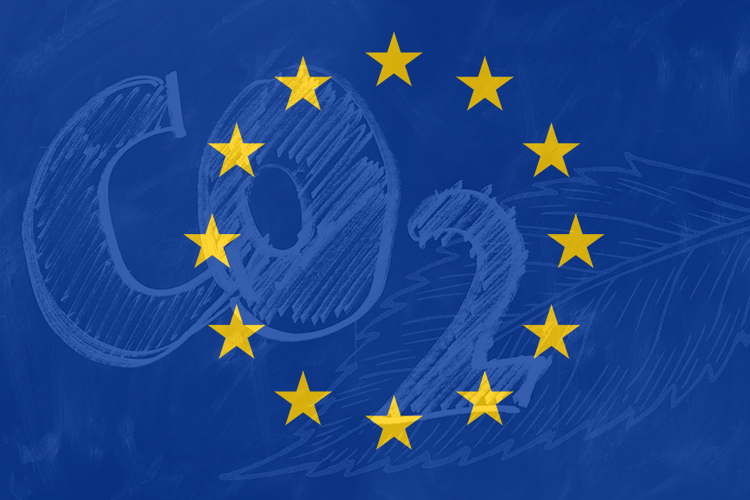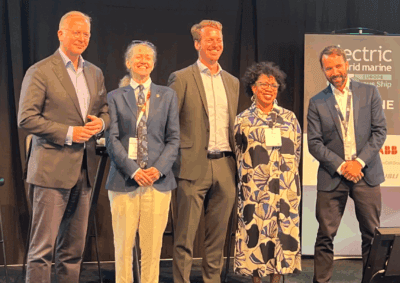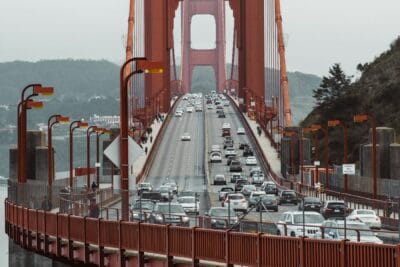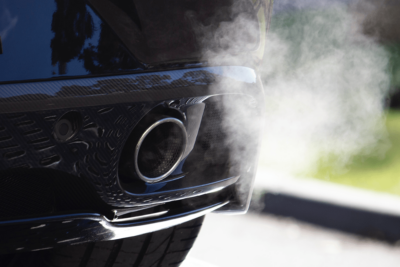EPP Group wants to shake up the ban on combustion engines
As the German publication Der Spiegel quotes from the position paper, the EPP wants to overturn the 2035 ban on combustion engines for new cars “in the first 100 days of the new EU Commission.” In other words, the group wants to change the current legal situation by March. In the six-page paper, the Conservatives also call on the Commission to ease the burden on the car industry. The aim is to avert fines for manufacturers that are threatened by the CO2 fleet limits that will become stricter in 2025.
German politician Jens Gieseke (CDU) is said to have drafted the paper on behalf of EPP leader Manfred Weber (CSU). However, it has not yet been approved by the parliamentary group. According to Der Spiegel, a vote on the document will take place on Tuesday. It is therefore possible that the demands will be amended in the course of the votes among the parliamentary group members.
The draft currently states that there should be a “technology-neutral approach” in the European Union that is not limited to electric cars, but also integrates alternative fuels (including biofuels and synthetic fuels). The German political party FDP has so far been best known for calling for e-fuels. However, the EPP paper now goes in a similar direction. The authors call for “a new definition of carbon-neutral fuels.” According to Der Spiegel, however, they are not questioning climate neutrality for 2050.
Weber’s position does not come as a complete surprise. During the 2023 election campaign, he made it clear that decisions to phase out combustion engines for new cars and light commercial vehicles should be reconsidered. The stricter CO2 fleet limits, which will lead to a de facto ban in 2035, were adopted at the end of March 2023. However, conservatives had pushed through a review of the regulation in 2026. Weber now wants to bring this review forward to 2025 in order to ‘correct’ the ban on combustion engines. Weber shares this demand with the VDA, among others. The calculation: an earlier review could lead to weaker limits in view of the changed majority in parliament.
As Der Spiegel outlines, seven EU states – without Germany’s involvement – already called for a ‘pragmatic timetable for the implementation’ of the switch to emission-free drive systems at the end of November. Weber and his camp are now joining this initiative and want to postpone the first stage of the stricter fleet limits from 2025 to 2027: “In the current crisis, manufacturers need their revenue to master the change’”
Berlin also wants to protect the car industry, which is a significant economic contributor in Germany, from the stiff penalties. Federal Chancellor Olaf Scholz (SPD) and Economics Minister Robert Habeck (Green) announced at the end of November that they wanted to prevent EU climate penalties for car manufacturers, which could potentially cost billions next year. In contrast to the EPP, however, they do not want to shake up the European fleet limits. They are more interested in creating a “pragmatic transition.”
If the current version of the position paper receives broad support from the EPP, a confrontation with the Commission is inevitable. President Ursula von der Leyen – the EPP’s lead candidate before her re-election – is considered to be in favour of the current legislation. The new Transport Commissioner Apostolos Tzitzikostas and Climate Action Commissioner Wopke Hoekstra, both also members of the EPP, have also recently declared themselves in favour of phasing out combustion engines by 2035. According to Hoekstra, the interim CO2 targets for cars in 2025 should also remain untouched. According to Der Spiegel, there is therefore “displeasure in the Commission about insufficiently coordinated EPP initiatives that are proving to have no chance in the Council of Member States.” This is therefore not the first time that the EPP has positioned itself without first seeking to secure a majority.
In the European automotive industry, which is struggling for planning certainty, the new discussion is likely to cause unease. When Ursula van der Leyen was elected to her Commission at the end of November, she announced that she would initiate a strategic dialogue on the future of the European automotive industry. Until this dialogue produces results, patience will be required from the business side. Jean-Philippe Imparato, European head of car manufacturer Stellantis, summarised this situation in the following words to the FAZ newspaper recently: “So far, the tightened fleet limits from 2025 remain the law. If someone rants loudly in a Brussels corridor, that doesn’t mean that any of the rules will change. If the rules are such that we have to achieve 20 per cent battery-electric cars in the first half of next year, then we will comply with them.”





3 Comments